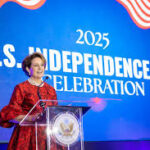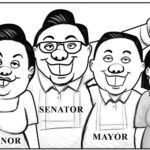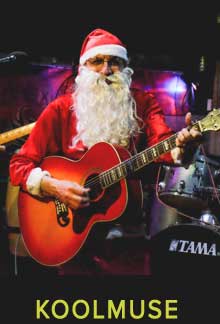Kevin Sysyn, Editor at Large www.kevinsysyn.com
Siem Reap, Cambodia — One fateful night at the Karma Bar, a local watering hole, a conversation between two musicians took an unexpected turn. Kevin, a songwriter, found himself deep in conversation with Leeroy, an eccentric performer known for his barefoot antics and mastery of the Didgeridoo. Amidst laughter and the clinking of beer bottles, Leeroy suggested a bold idea: “Kevin, you should write a song about the Holocaust in Cambodia.”
Kevin, slightly inebriated, quickly dismissed the notion. “No, I shouldn’t,” he replied. “I live here. Not a good idea at all. Besides the obvious reasons, there’s nothing to be gained. The more quickly it’s forgotten, the better.”
But as the night wore on, inspiration struck. Kevin pondered the darker chapters of history, particularly the genocide of Australia’s Indigenous people. He realized that, much like the atrocities committed during the Holocaust, the enslavement and slaughter of Aboriginal Australians represented one of the most egregious acts of violence in modern history. Shockingly, Kevin learned that this oppression persisted until the 1930s, long after similar abuses had been outlawed elsewhere.
Motivated by this revelation, Kevin decided to channel his passion into music. With renewed vigor, he composed a new song about the struggles and resilience of Australia’s Indigenous people, initially titled “The Man with Didgeridoo.” He reached out to Leeroy, asking him to lend his unique talents to the project. To Kevin’s delight, Leeroy agreed, contributing his signature Didgeridoo sounds and vocals to the track.
The result is “The Wisdom of the Ancient People,” a poignant reflection on the injustices faced by Australia’s first inhabitants. The song serves as a reminder of the importance of acknowledging and remembering history, no matter how painful it may be.
As the music video for the song gains traction, Kevin hopes to spark conversations around the legacy of colonialism and the need for reconciliation. In a world that often seeks to forget, his work stands as a testament to the power of art in addressing historical wrongs and fostering understanding among cultures.














